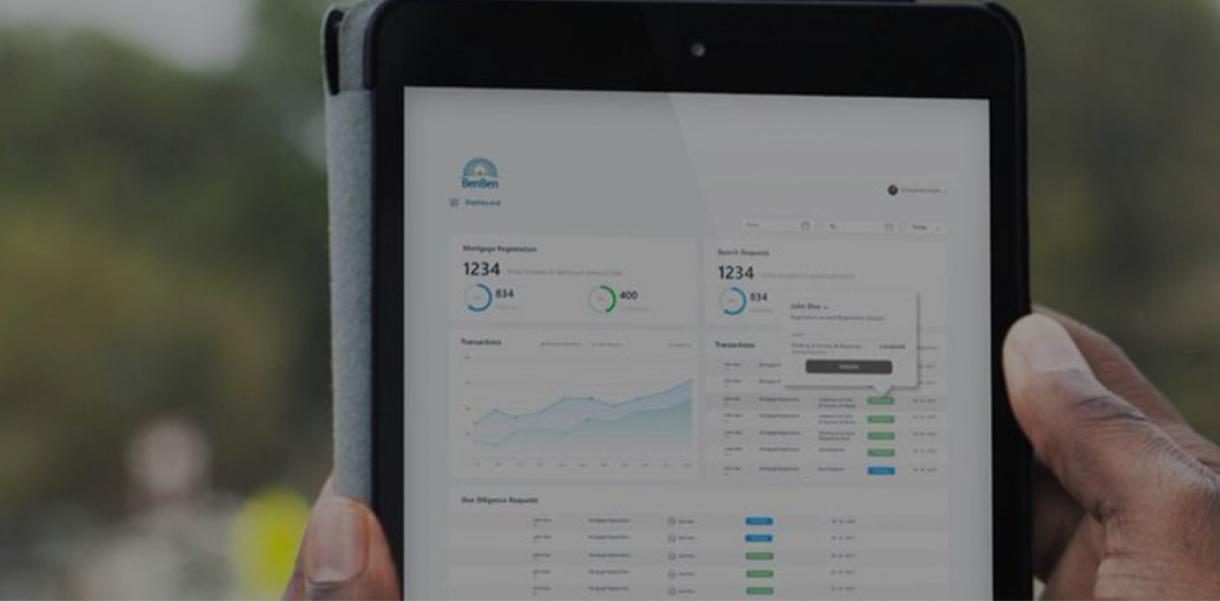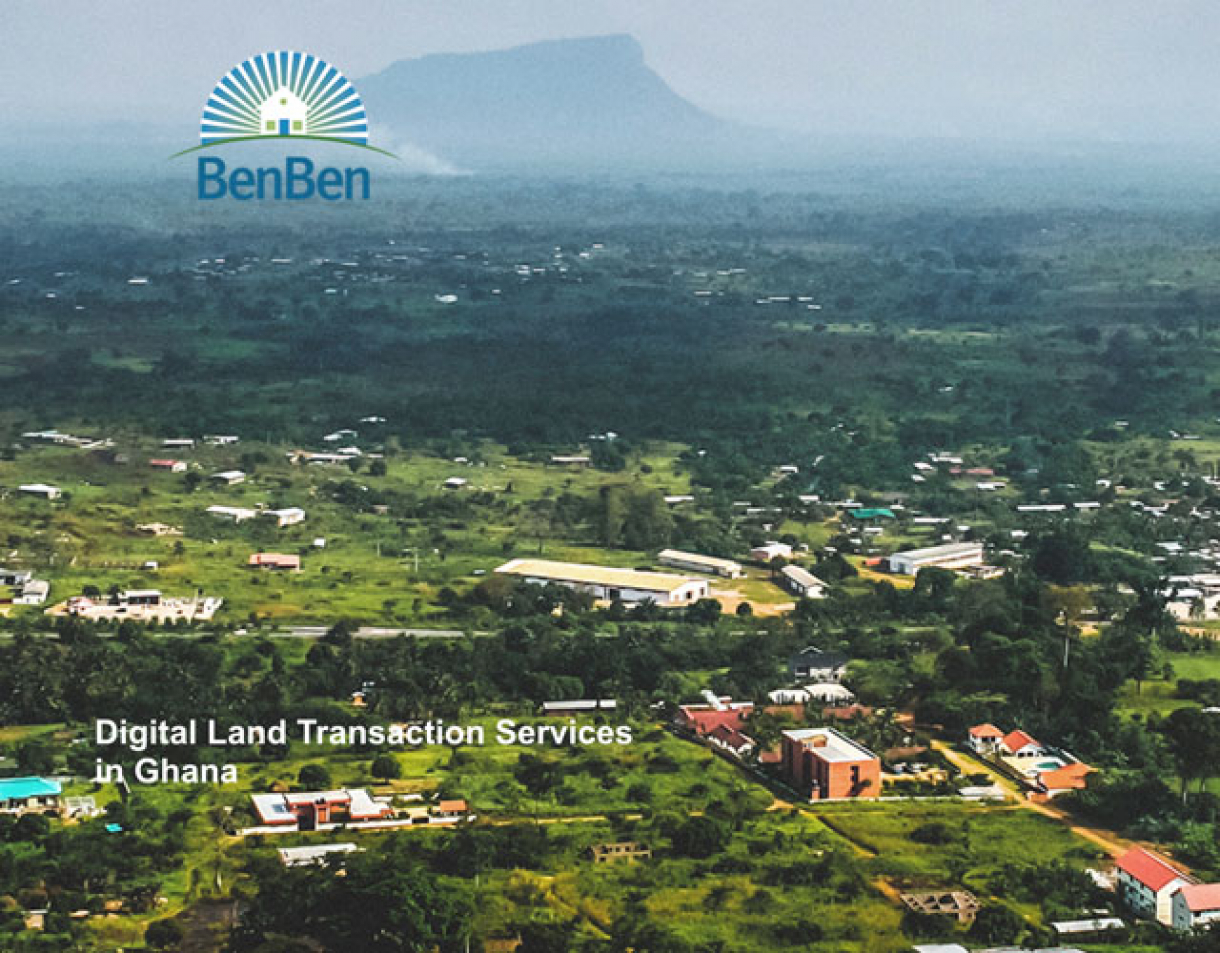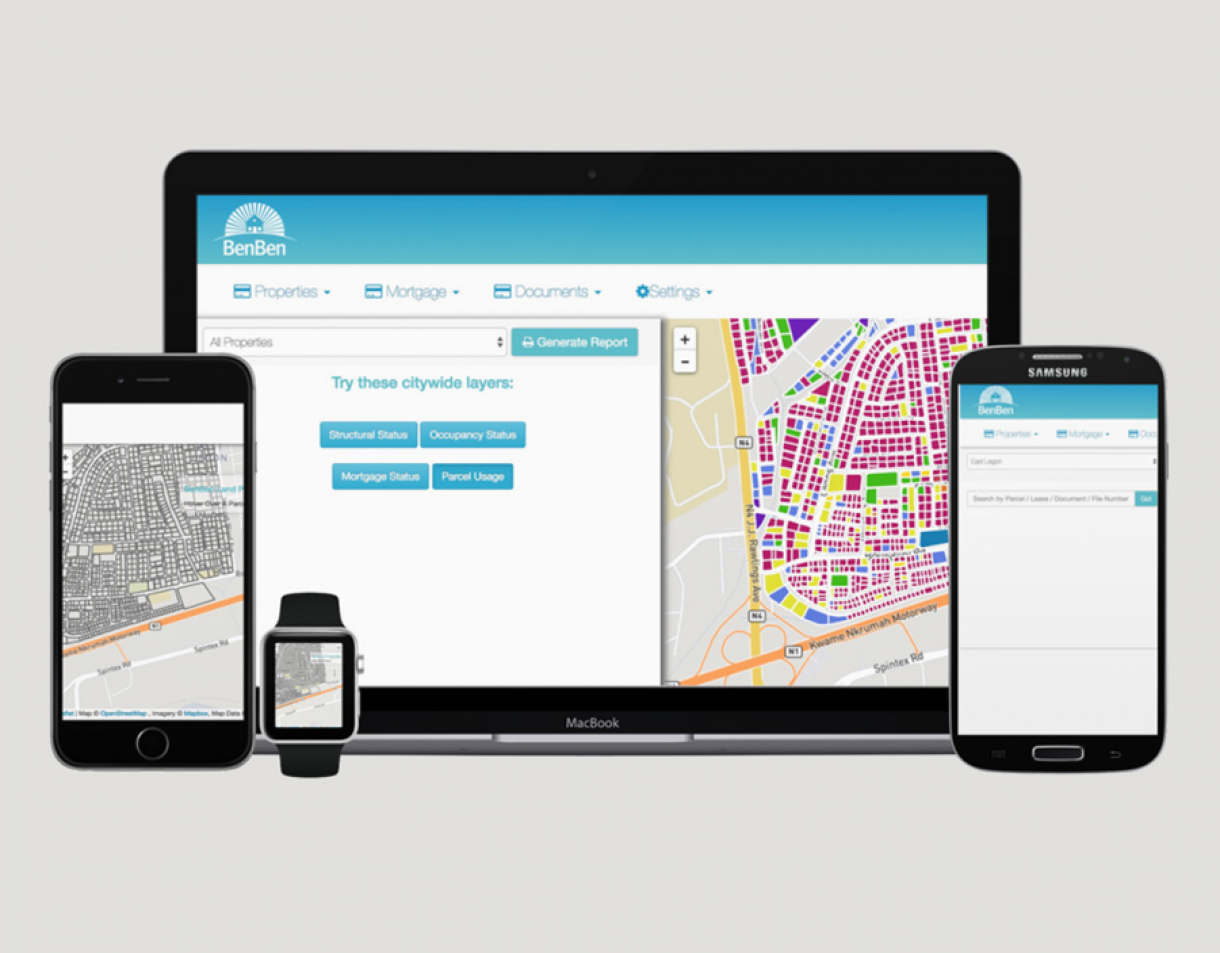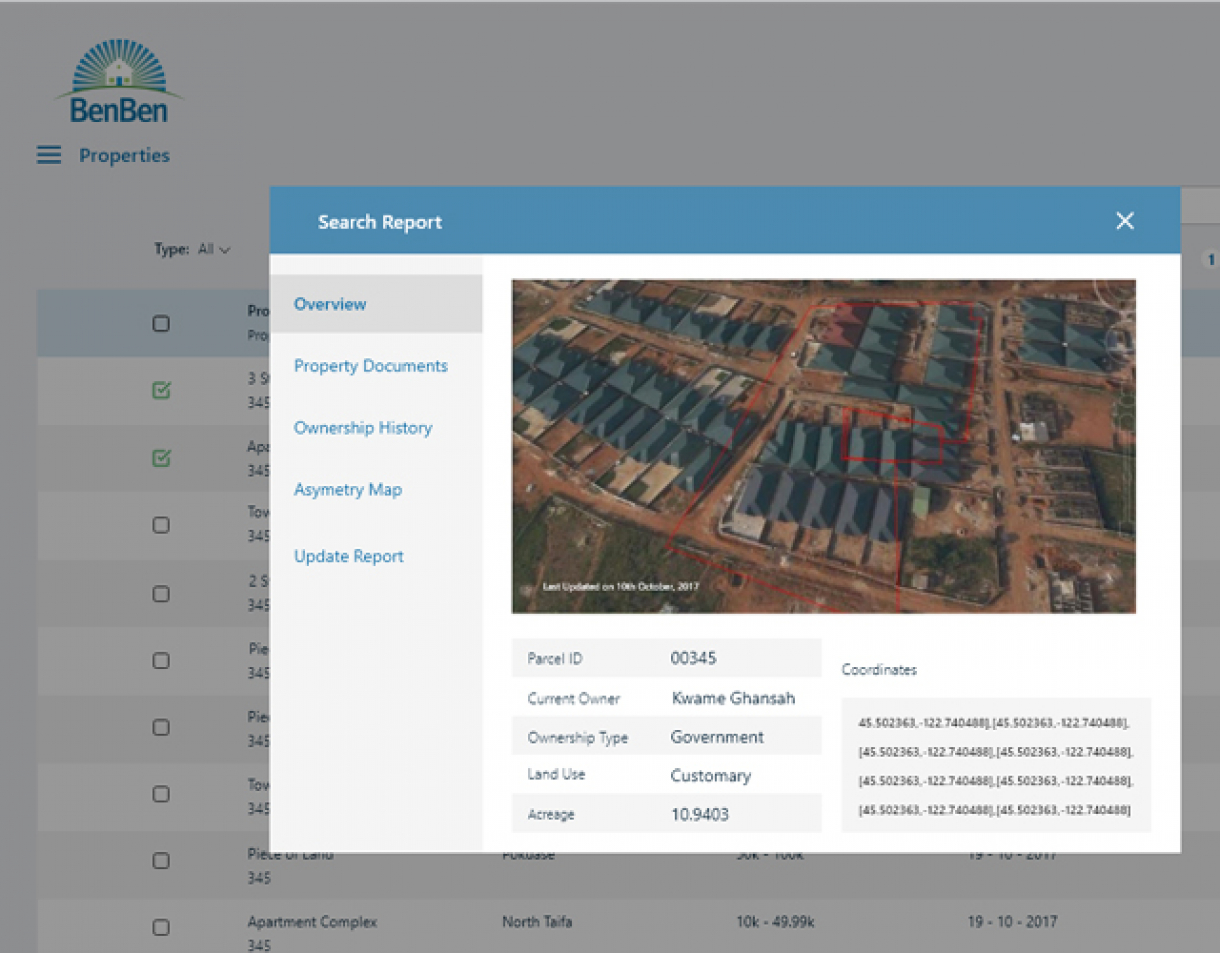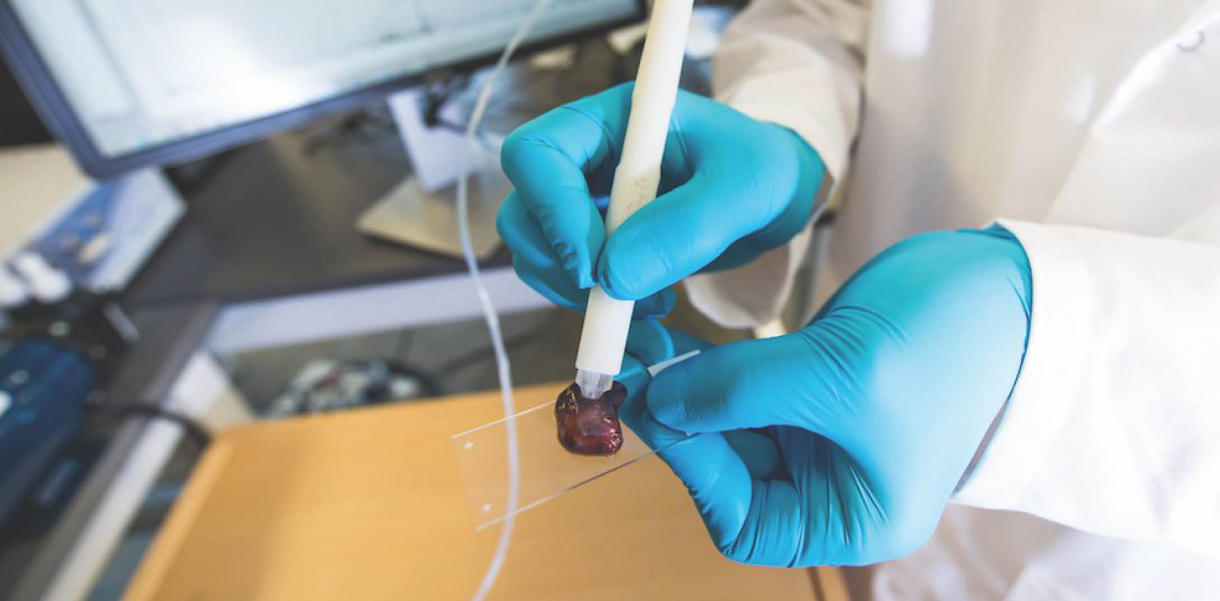For a very long time, the only way to prove land ownership in Ghana was through a piece of paper, which could easily get lost. This has led to the displacement of a huge amount of indigenous landowners. With no trusted register of land records, banks haven’t been able to hand out loans and investors have refrained from investing.
The Ghana-based company BenBen has found a sustainable approach to solving these issues. Combining both technical and legal expertise, they want to systemise indigenous land laws as well as facilitate a continuous migration of informal rights into a statutory domain.
This becomes possible through a USSD and mobile-based land governance framework for geolocating registrable claims of interest. As this solves the problem of who owns which land and who’s interested in buying it, it also facilitates community participation. Now the locals get the chance to oversee the due-diligence phase of large-scale acquisitions.
These acquisitions don’t come without costs for the local community and that’s why they need to be monitored. According to the 2016 Land Matrix Report, out of a sample of 386 large-scale land acquisition deals, just three of the transactions displaced 500 people and eight deals displaced 100 families. Seven deals were also reported to have displaced more than 10,000 individuals and five deals more than 500 families. This means tens of thousands of domestic farm tenants and informal landowners are displaced without equitable compensation through either money or resettlement.
BenBen also conducted their own research that revealed just how insecure, temporal and weak land rights can be within the rural areas. Without access to formal tenure security over land, long-term sustainability and ownership continue to face challenges.
With this new register, BenBen offers reliable land information combined with a clever transaction system that leads to citizen empowerment, investment and innovation. The primary beneficiaries are families and individuals that have terminable rights over customary land interests in agricultural land areas within Africa.
Secondary beneficiaries of the project are general community members. They benefit from access to audited land transactions, voting participation in community referendums on land allocation issues, as well as equitable distribution of revenues from recorded acquisitions. Hopefully, it’ll also make investors see opportunities in Ghana’s rural areas.
Designers: BenBen - Ghana
UN SDGs: No poverty
DTIL goals: Innovative financial system
BenBen from The Index Project on Vimeo.
